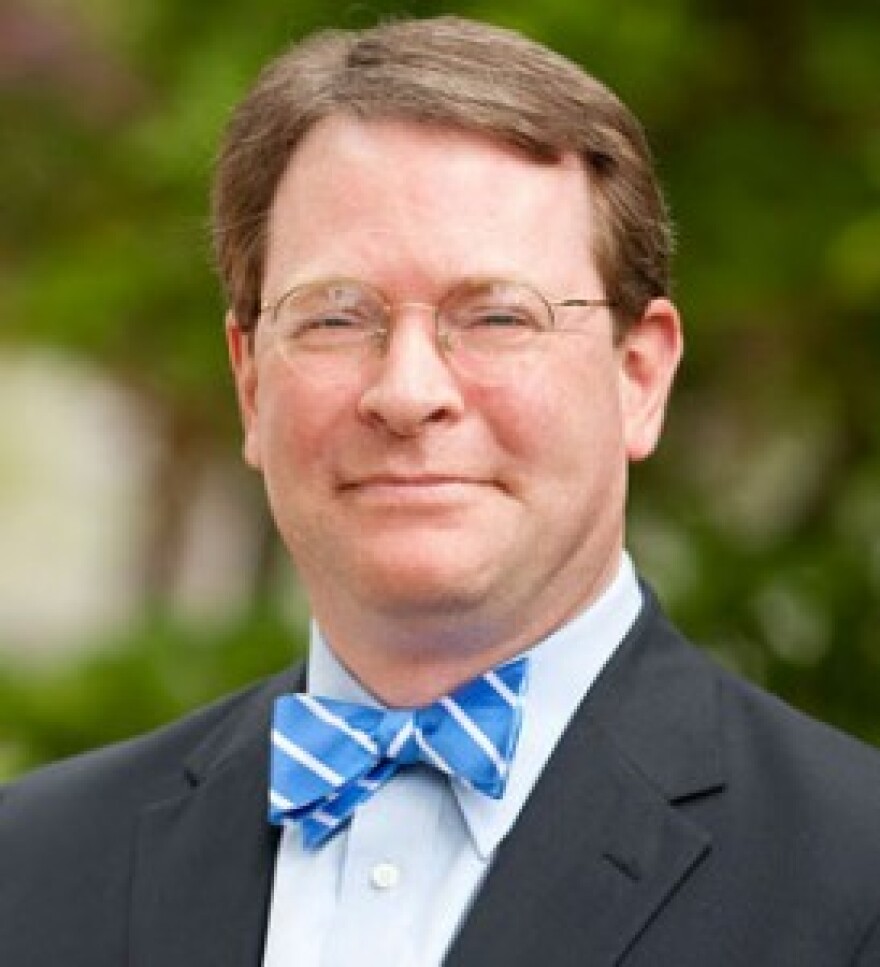"There are 47 percent of the people who will vote for the president no matter what. All right? There are 47 percent who are with him, who are dependent upon government, who believe that they are victims, who believe that government has a responsibility to care for them, who believe that they are entitled to health care, to food, to housing, to you-name-it. That that’s an entitlement, and that government should give it to them. And they will vote for this president no matter what. I mean, the president starts off with 48, 49 -- he starts off with a huge number. These are people who pay no income tax. Forty-seven percent of Americans pay no income tax. So our message of low taxes doesn’t connect.
"So he’ll be out there talking about tax cuts for the rich. I mean, that’s what they sell every four years. And so my job is not to worry about those people. I’ll never convince them that they should take personal responsibility and care for their lives. What I have to do is convince the 5 to 10 percent in the center that are independents, that are thoughtful, that look at voting one way or the other depending upon in some cases emotion, whether they like the guy or not."
- Mitt Romney
With the above words coming out from a recorded fundraising event, Mitt Romney entered a second week of a media firestorm regarding not just the words above, but his reaction to the leaked video comments.
There are a lot of perspectives out there on this newest entry into the horse race Gaffe Hall of Fame and what the potential impact will be, along with the debate over “the 47 percent,” if non-taxpayers are really Obama voters or not, and whether that is an accurate reflection of the point Romney was making.
But from studying campaign strategies and operations, a couple of observations might also be warranted.
Earlier this year, the number of smart phone users in the United States crossed the 100 million mark. In other words, someone in the audience is probably taping you. This is something all campaigns, from president down to dog catcher, should have learned by now.
Second, Romney did acknowledge he is dealing with 5 to 10 percent of the electorate that hasn’t made a decision on who to vote for (based on many of the polls out there, it looks closer to 5 percent undecided at this point).
But it’s not just independent voters he is trying to convince; it’s a small sliver of both parties that make up their minds the week before the election.
When asked “when did you finally decide for whom to vote in the presidential election,” 10 percent of both Democrats and Republicans said it was in the last week of the 2008 campaign that they made up their mind up, with 13 percent of independents deciding in the final week.

So there is a narrow band of late-deciders going into a major election that could potentially break one way or the other, but by the end of September 2008, there was still 20 percent in both parties who hadn’t made up their minds.
And so it may seem like the Romney campaign is betting on doing what Obama’s 2008 campaign did: shift to a base-energizing election. And while we are hearing some comments from conservatives of “it’s about time someone said these comments,” the issue is more about what will that 5 to 10 percent think about Romney’s words.
One of Romney’s repeated weaknesses is that because of his wealth, he can’t relate to the average voter. And voters, at least in 2008, did seem to consider the issue of “which candidate do you think is in touch with people like you?” in their decision-making process between Obama and McCain.
Notably, Democrats were overwhelming (79 percent) in saying that Obama was in touch with them, with only 57 percent of Republicans saying that just McCain was in touch with them. Independents gave Obama an advantage (38 percent to 21 percent for McCain) in answering the question, but nearly a quarter of independents said neither candidate was in touch with them.

From the 2008 national exit poll, nearly 60 percent of respondents to this question reported an income under $75,000.
So if Romney, who everyone knows is wealthy, is going to connect with voters, saying that nearly half of them are “victims” and that his “job isn’t to worry about them” isn’t a viable bumper sticker slogan for a campaign.
Is this a campaign-killing gaffe? Some would argue that no, gaffes are natural part of the process and that they don’t affect the outcome (case in point: Obama’s “they get bitter, they cling to guns or religion” comment).
But when gaffes appear to fill a narrative damaging a candidate’s brand, mangled metaphors may have a short shelf life, but is it the best marketing strategy to insult potential consumers (i.e. voters)?
Just as in any grocery store, voters can always pick another product.


